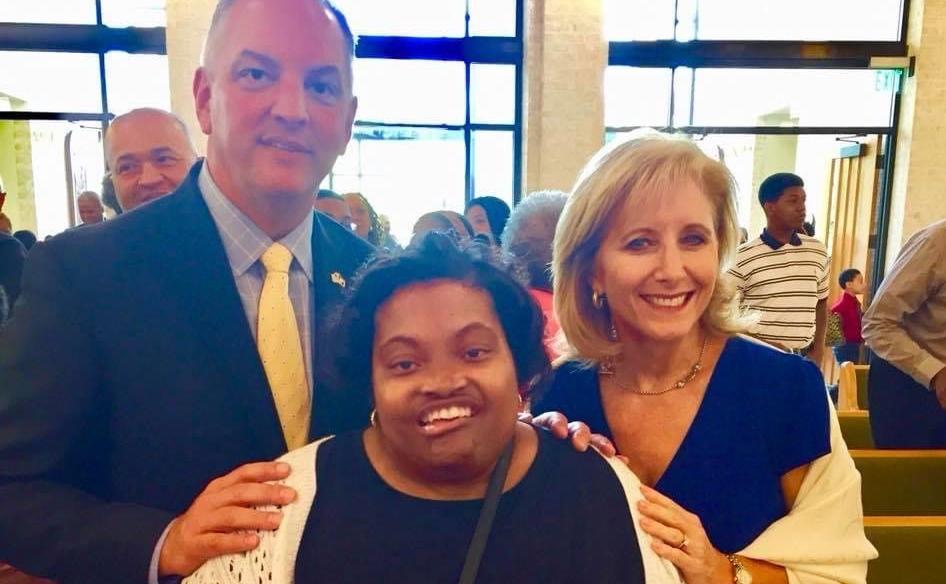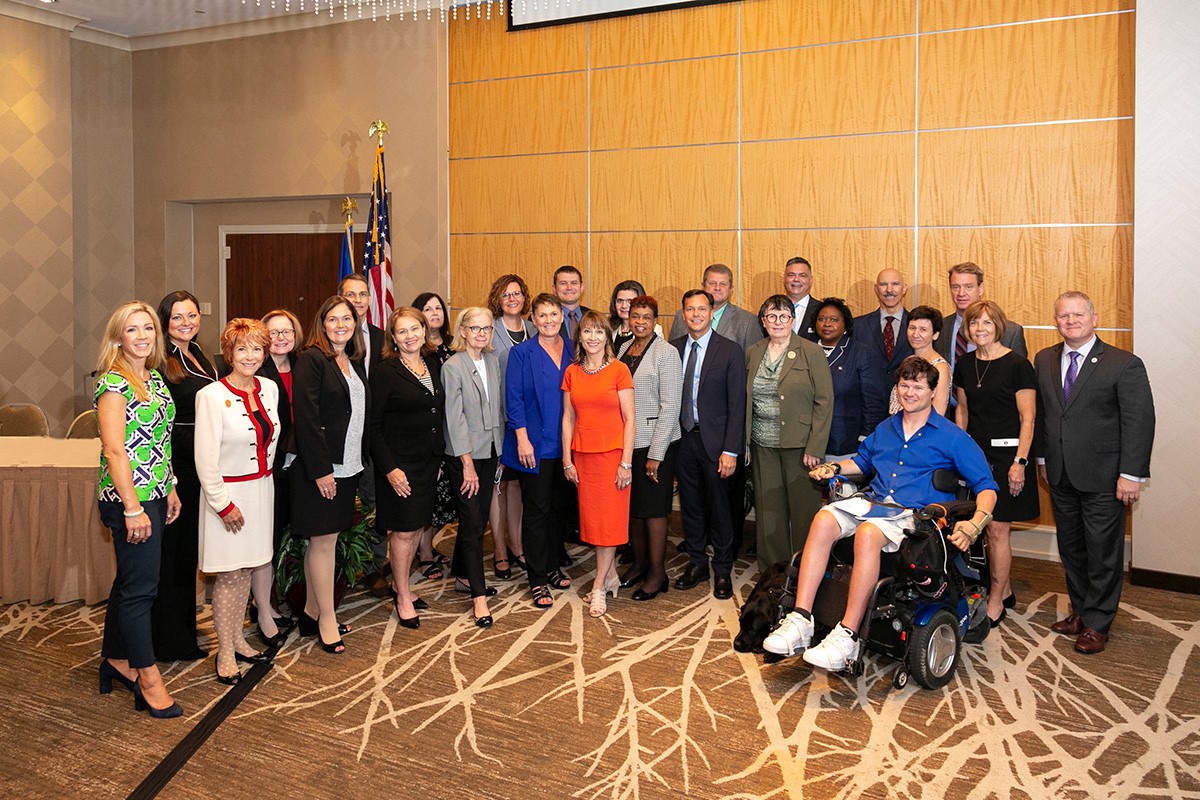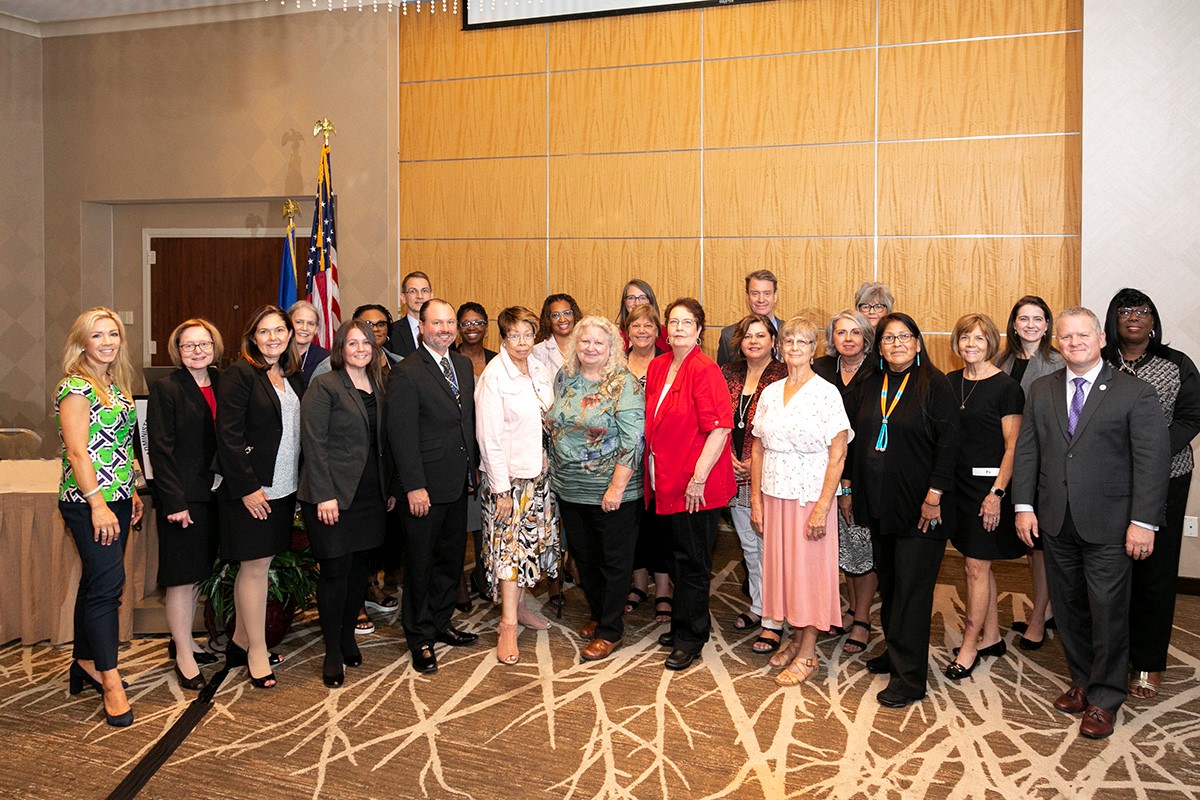WEAAD 2020: Standing up for Elder Justice During Challenging Times
Today, we commemorate World Elder Abuse Awareness Day (WEAAD) and affirm the rights and dignity of older adults.
We take this stand for elder justice as the COVID-19 pandemic continues to affect each of our lives and create new threats and challenges.
We know that strong supports and strong social connections are critical to preventing elder abuse, neglect, and exploitation and supporting survivors. Many of these supports and connections are being strained by physical distancing measures we are all taking to slow the spread of COVID-19. Even as the country begins to reopen, many older adults who face higher risk of serious illness will need to continue taking additional precautions such as staying at home.
We can all do our part to maintain the bonds of social connection within our communities while we are physically apart - whether we're organizing a virtual family gathering or just calling to check in. This crisis has brought out the best in so many people, including many aging services professionals who have gone the extra mile to maintain critical services and supports for older adults. From Long-Term Care Ombudsmen programs continuing their work with "virtual walk-throughs" to senior centers quickly launching virtual activities, I am in awe at your dedication and honored to call you colleagues.
Unfortunately, crises can also bring out the worst in some people. It seems like every day we hear about a new scam trying to take advantage of this pandemic to steal from older Americans. These scams are often carried out through calls, e-mails, or text messages claiming to be from federal or state agencies. Last week, at the Elder Justice Coordinating Council (EJCC), we heard from our federal partners who are working to stop these scammers. We can each do our part by reporting scams we encounter and sharing verified information about the pandemic and government programs. You can learn more about identifying and reporting coronavirus-related scams on our COVID-19 web page.
And today at 1pm EDT, our National Center on Elder Abuse is sponsoring a webinar, Upholding Justice for Older Americans on this World Elder Abuse Awareness Day: A National Conversation. The webinar will feature presentations by ACL Deputy Assistant Secretary for Aging Edwin Walker and speakers from the Department of Justice, Social Security Administration, Securities and Exchange Commission, Consumer Financial Protection Bureau, and ACL’s National Center on Law and Elder Rights. Each speaker will be discussing their elder justice initiatives and highlighting resources everyone can use. We’ve had an overwhelming response and registration is full, but a recording of the event will be available later this week on the NCEA’s website.
Also today, at 4pm EDT, the National Indigenous Elder Justice Initiative will be hosting an online panel on caring for elders during the COVID-19 pandemic. The discussion will include experts from NIEJI, the Shoshone-Bannock Tribes Adult Protection Services, and the Saint Regis Mohawk Tribe Office for the Aging. The event will be streamed live on NIEJI’s Facebook page.
Like everything else in our lives, WEAAD looks and feels a little different this year. Around the world, communities are finding creative ways to raise awareness and advance elder justice virtually. Webinars are taking the place of people gathering to hear speakers and panel discussions, and posting purple profile pictures is taking the place of wearing purple ribbons to show individual support.
What has not changed is our commitment to the principle that older adults are equal members of our communities, entitled to the same dignity, rights, and security that each of us expect at any age. Today, on WEAAD, I challenge all of us to think about what we can do in our own lives to uphold that principle. It is those everyday actions, combined with the work being done by organizations and governments around the world, that will make it possible for us to make that principle a universal truth.








